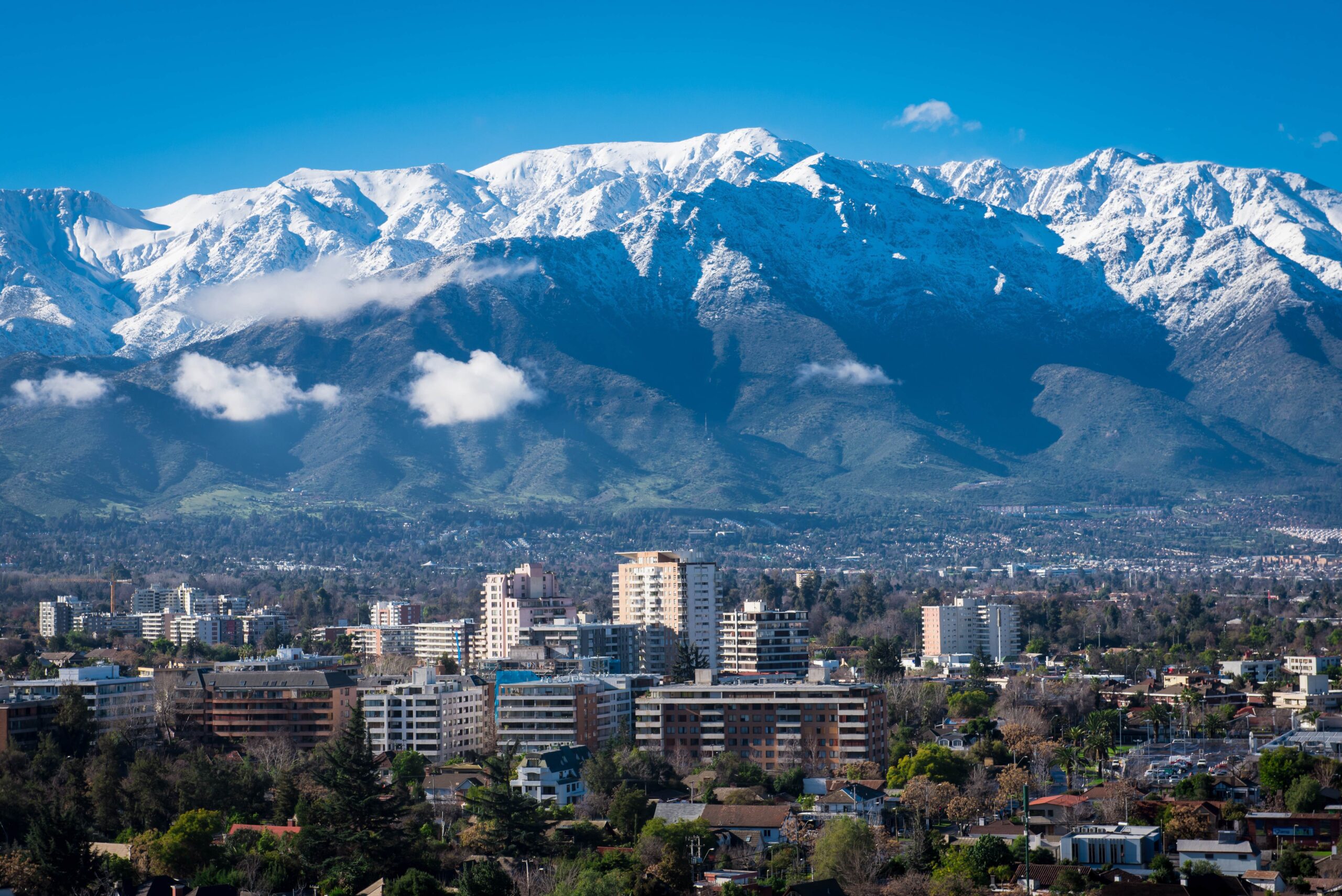
Chile is a long, narrow country stretching along the western edge of South America, with the Pacific Ocean to the west and the Andes Mountains to the east. It shares borders with Peru to the north, Bolivia to the northeast, and Argentina to the east. The capital and largest city is Santiago, located in a valley surrounded by the Andes and the Chilean Coast Range.
Chile’s geography is incredibly varied, from the world’s driest desert, the Atacama in the north, to the glacier-filled Patagonian fjords in the south. This geographic diversity has also fostered a rich variety of ecosystems and a significant emphasis on conservation. Chile’s economy is one of the most stable and prosperous in South America, with copper mining as its most vital sector. It is the world’s largest copper producer and has a thriving export sector that includes wine, fruits, seafood, and forestry products.
The country’s political history includes periods of democratic governance as well as a military dictatorship under General Augusto Pinochet from 1973 to 1990. Today, Chile is known for its strong democratic institutions and active participation in international affairs.
Culturally, Chile is known for its vibrant arts scene, which includes literature, poetry, music, and dance. It is the homeland of Nobel Prize-winning poets Pablo Neruda and Gabriela Mistral. The country’s diverse landscapes and cultural heritage attract tourists from all over the world, making tourism an important part of its economy. Despite its many successes, Chile faces challenges such as economic inequality, water rights issues, and the ongoing demands of indigenous groups for greater recognition and rights.
What’s the public’s verdict? Share your thoughts and discuss below!